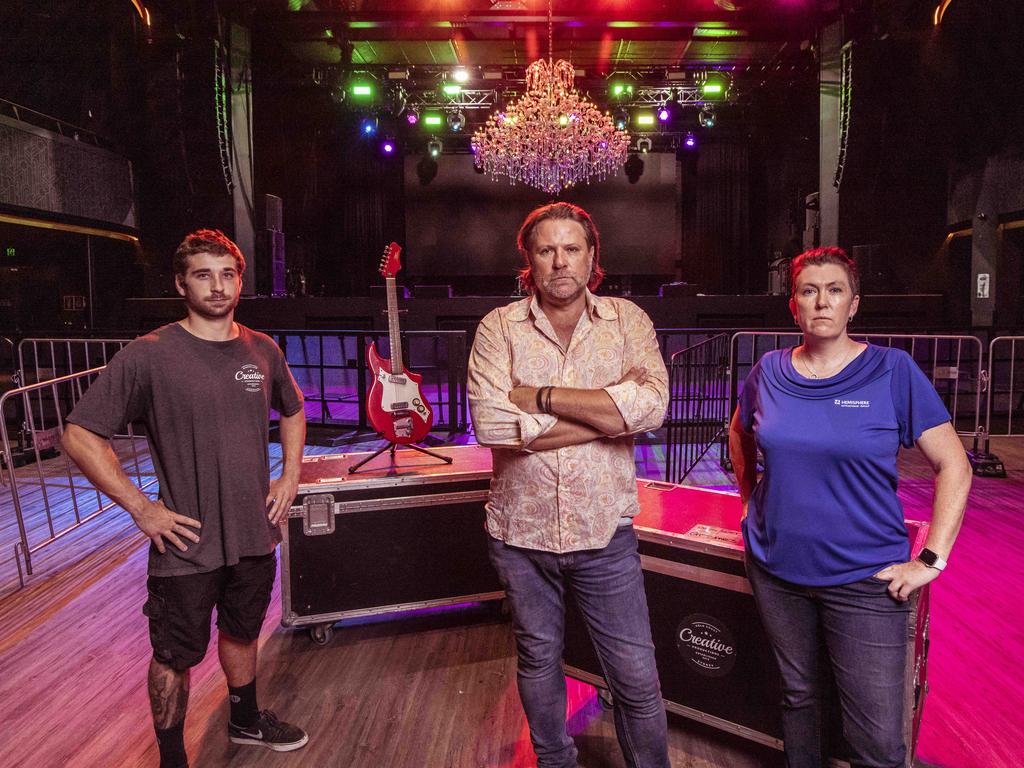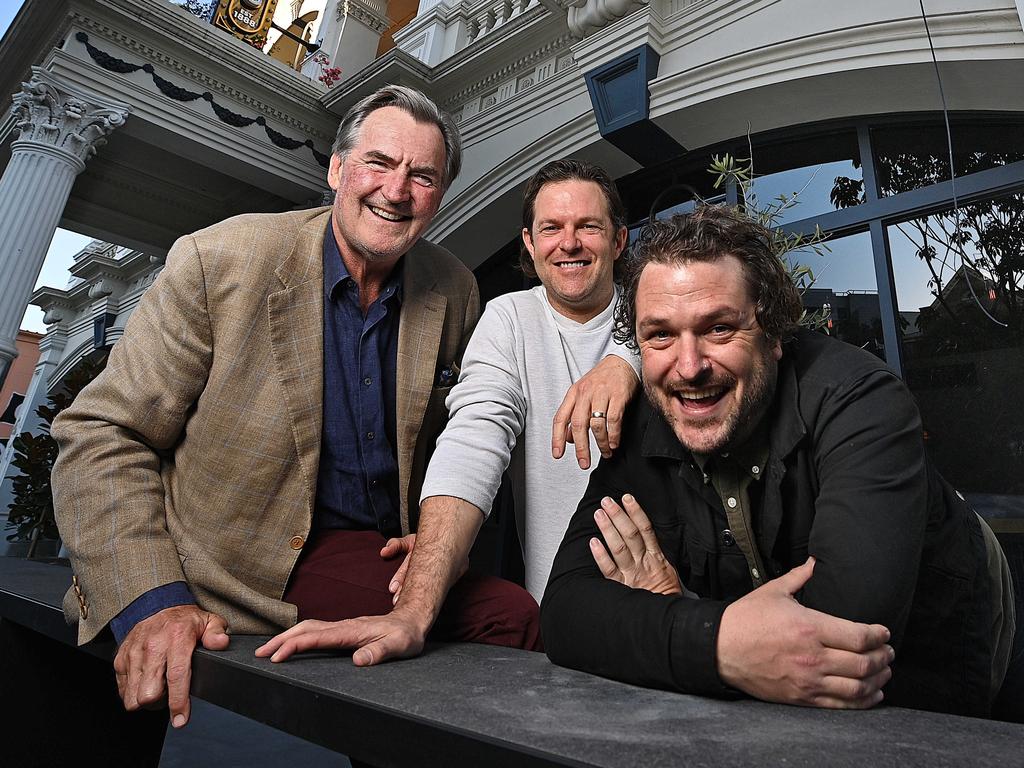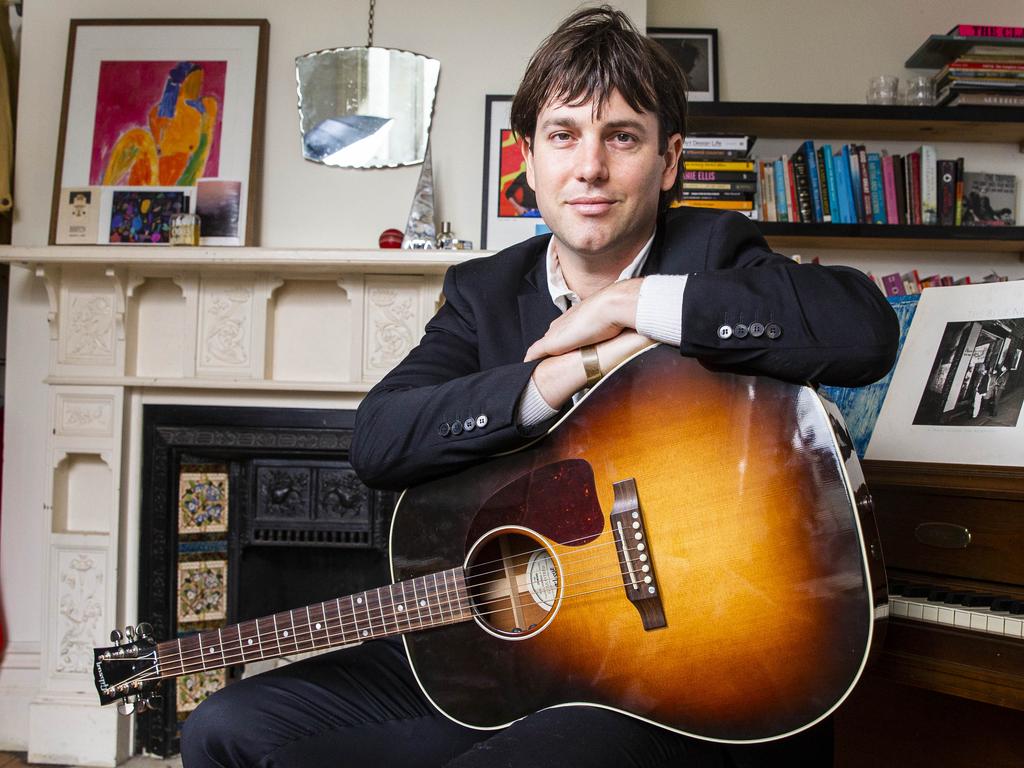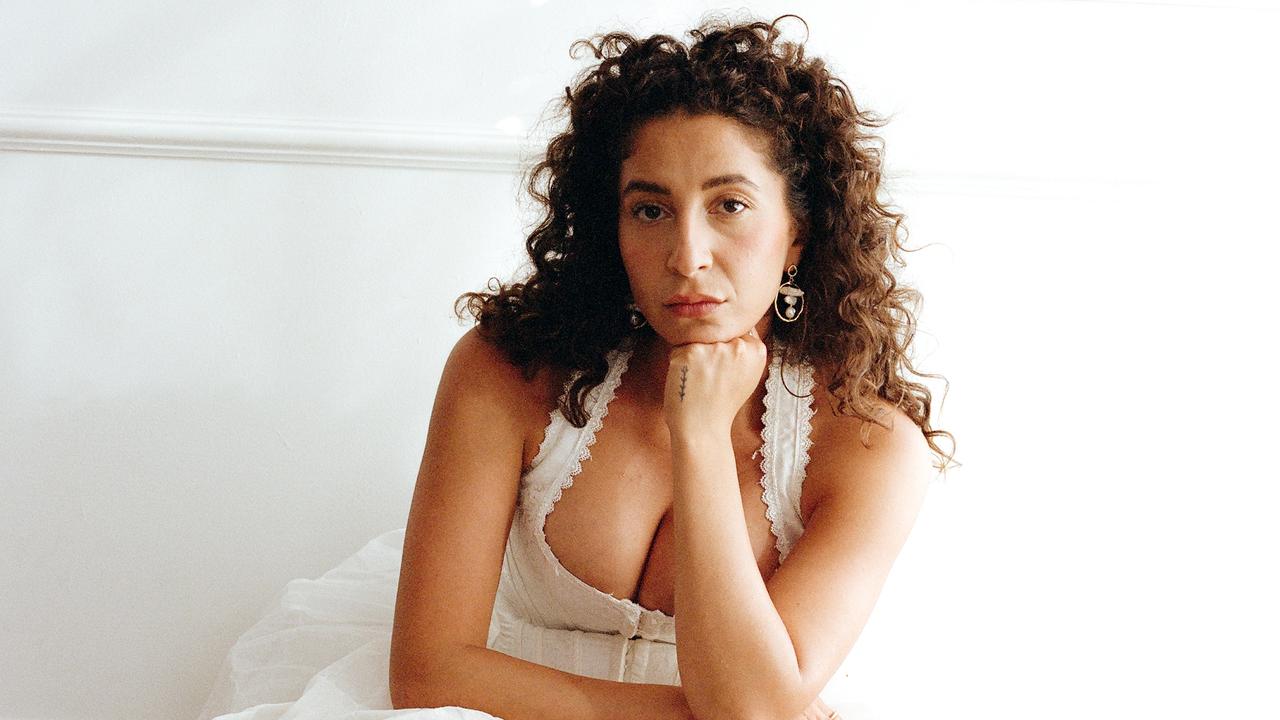Brisbane Covid venue limits reignite sport vs. arts debate in NRL grand final week
The reversion to concert density limits saw one of Brisbane’s most prominent venue owners attack Queensland premier Annastacia Palaszczuk for double standards during NRL grand final week.
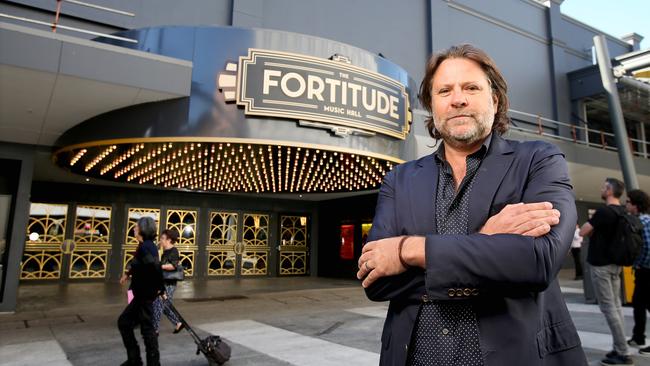
Brisbane has been the shining light of the Australian live music scene in recent months, as concerts have continued to be held in the city’s most popular rooms before hundreds-strong crowds while the house lights remained dark across Sydney and Melbourne venues.
The newest rash of Covid cases in the Queensland capital has forced an interruption to the productivity of the state’s live performance sector, however.
Queensland Health restrictions have enforced a return to lower crowd density limits for indoor venues, which effectively halves the number of patrons allowed at most concerts, while seated shows are reduced to 75 per cent capacity.
The reversion to these rules – which allow one person per four square metres at standing gigs – saw one of Brisbane’s most prominent venue owners attack Queensland premier Annastacia Palaszczuk for what he saw as double standards in a week where the NRL grand final will proceed on Sunday.
“I love my NRL as much as anyone but I’m struggling to understand the science that supports 40,000 people at Suncorp Stadium while the venues that I co-own and manage have again been reduced to 15 per cent capacity,” wrote former Powderfinger bassist John Collins in a widely shared Facebook post.
“Reduced capacity that also requires patrons to be seated means that we have had to cancel all of our events for the next two weeks,” wrote Collins, who co-owns popular venues The Fortitude Music Hall and The Triffid.
In an interview with The Australian on Friday, Collins said, “We’ve lost two events this weekend, for instance: a dance event and a QUT Ball. We’ve lost both of those because of capacity [restrictions], and people don’t want to sit down at a table.”
“We’re losing hundreds of thousands of dollars every couple of months,” he said. “That’s been happening to us for 18 months: I think we’ve moved or postponed nearly 750 shows between the two venues. The mental toll on my team, and the whole industry, is huge.”
“In Queensland, we’ve been lucky: we have had it better than other states, so I’m grateful for that,” said Collins. “I just think it’s a bit harsh that the state government seems to favour sport over arts and music.”
“I think it’s really obvious in the way we were treated in these latest restrictions, where Suncorp [Stadium] can have 40,000 people, but we’re back to 500 at the Fortitude [Music Hall], which normally has 3,300. It doesn’t seem right to me.”
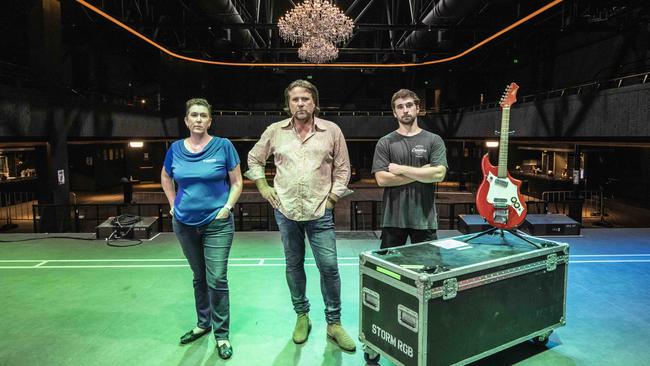
The shift in density restrictions, which came into effect on Thursday afternoon, has also forced the team behind a renovated Brisbane music venue to push back their plans to open on Friday night with a concert by local electronic duo Collar.
“We’re very disheartened that this show has been postponed, but alas, we will be back to celebrate the opening of The Princess Theatre in all her glory,” venue co-owner Dave Sleswick told The Australian. “This story is not a new one for us and we’re getting incredibly proficient at manoeuvring with the ebbs and flows of Covid-19.”
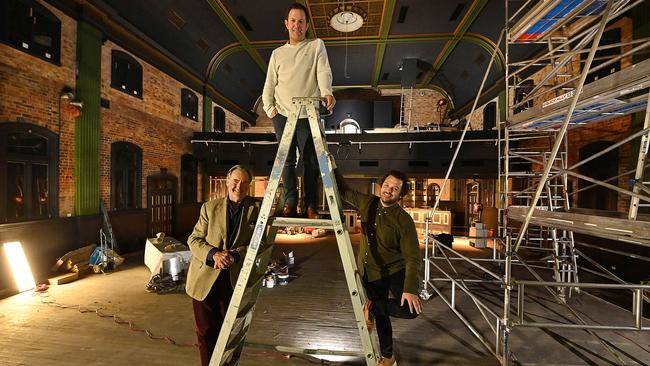
The reversion to 75 per cent capacity for seated venues has also affected the Queensland Performing Arts Centre, which is currently hosting an extended season of Boy Swallows Universe, the play based on the best-selling novel by The Australian’s journalist Trent Dalton.
The stage show has broken records to become QPAC’s highest selling drama and the most popular show in the history of Queensland Theatre, selling more than 40,000 tickets and earning in excess of $4m at the box office across six weeks.
As of Friday, a note at the top of QPAC’s website reads: “Under current Queensland Covid Restrictions, QPAC is now operating at 75 per cent capacity with masks required at all times. All patrons impacted by these changes will be contacted directly via email with details about their performance.”


